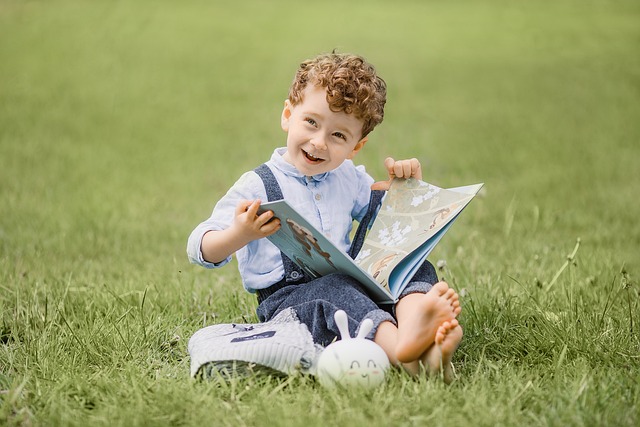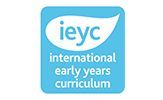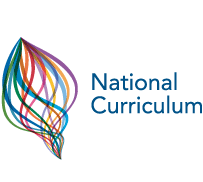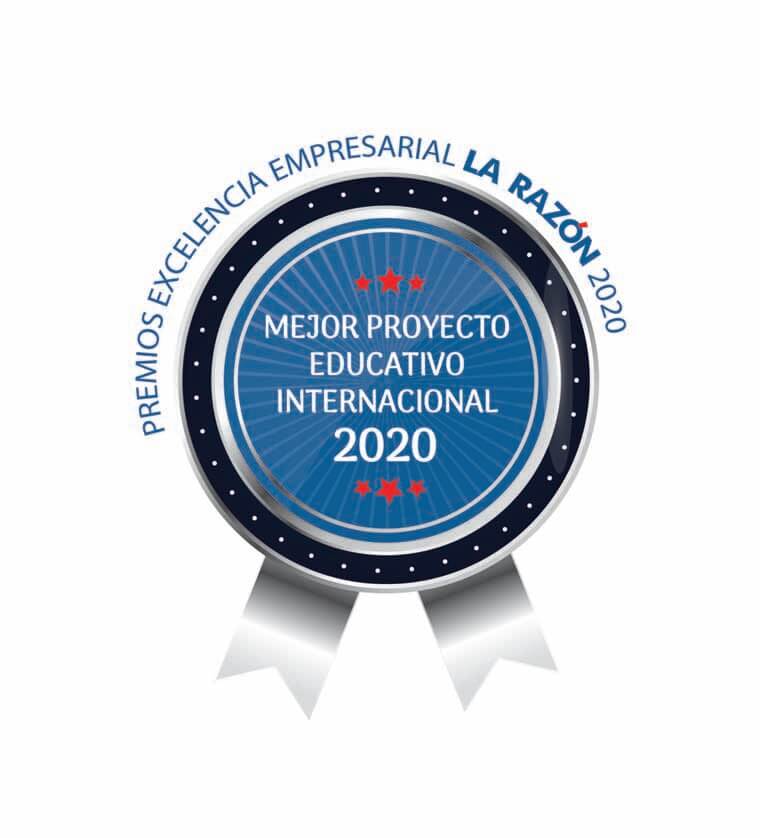What is mindfulness for children and what are its advantages?
The application of mindfulness for children allows primary and secondary school students to reach their full potential, through practices that encourage their concentration. Mindfulness techniques for children are not only a resource for their academic education, they also allow them to develop a series of skills that will be very beneficial in the future.
What is mindfulness
Mindfulness is a practice of meditation and mindfulness, which focuses on being present in the moment and observing thoughts, emotions and physical sensations, without judging them or reacting to them automatically. It is about paying mindful attention to the present moment and being aware of the thoughts, emotions and physical sensations you are experiencing in that moment.
The practice of mindfulness has its origins in Buddhism and has become popular in Western psychology as a tool to reduce stress, anxiety and improve quality of life. This technique can be applied at any time of the day to improve our concentration and performance.
The practice of mindfulness is based on the idea that the mind is constantly occupied with thoughts and worries, which can generate stress and anxiety. By being aware of the present moment, you develop the ability to manage stress and anxiety.
The benefits of mindfulness include an increased ability to concentrate, reduced stress and anxiety, improved sleep quality, increased self-esteem and the ability to empathise. In addition, mindfulness practice can help improve problem-solving skills, making more conscious and balanced decisions.
In the case of meditation and mindfulness for children, its application allows them to be more focused and develop their full intellectual capacity.
Mindfulness exercises for primary school children
The following exercises allow the benefits of mindfulness to be applied to the routines of primary school children.
- Mindful breathing: Inviting children to breathe consciously for a few minutes helps them to concentrate. Ask them to sit or lie down in a quiet place and pay attention to their breathing. The process begins with slow, deep breathing, while concentrating on the sensation of the breath in their body.
- Exploring the senses: Ask the children to focus on their senses. Ask them to close their eyes and pay attention to the sounds they can hear, the sensations they can feel on their skin, the smells they can detect and the tastes they can identify.
- Observing the environment: Ask children to focus on their environment and pay attention to the details they can observe. Ask them to look around and identify objects, colours, shapes and textures.
- Guided meditation: You can follow a guided meditation for children. There are many options that focus on guided meditation processes with which we get primary school children to learn to relax, meditate and become more aware of their reality.
- Yoga: Yoga is a practice that combines physical movement and meditation. Yoga is great fun and promotes a perfect state of mind to face the most demanding tasks.
The benefits of mindfulness for children
Mindfulness can offer many benefits for primary school children, both in their emotional well-being and their academic performance. Here are some of the advantages of mindfulness for children:
- Reduced stress and anxiety: mindfulness can help children better manage stress and anxiety by providing them with techniques to control their negative emotions and thoughts.
- Increased concentration: Mindfulness can help children improve their ability to concentrate and pay attention, allowing them to be more present and focused on the tasks at hand.
- Improved academic performance: Improved abilities related to concentration and attention can help children perform better in their studies and achieve better academic results.
- Development of social skills: Mindfulness can help children develop important social skills, such as empathy, compassion and acceptance, which improves their interpersonal relationships.
- Increased self-esteem and self-acceptance: Mindfulness can help children develop greater self-esteem and self-acceptance, to feel more self-confident.
- Improved sleep: Mindfulness can help children sleep better by providing them with appropriate relaxation techniques for the moments before sleep.
Mindfulness can be a valuable tool for improving children’s routines, providing them with skills aimed at managing stress and anxiety, as well as improving their academic performance.
Education at Newton College
Newton College is a constantly evolving academic centre. Our commitment is based on improving all our academic processes, incorporating new educational options. Our innovation team works every day so that our students can have access to the best education.





















